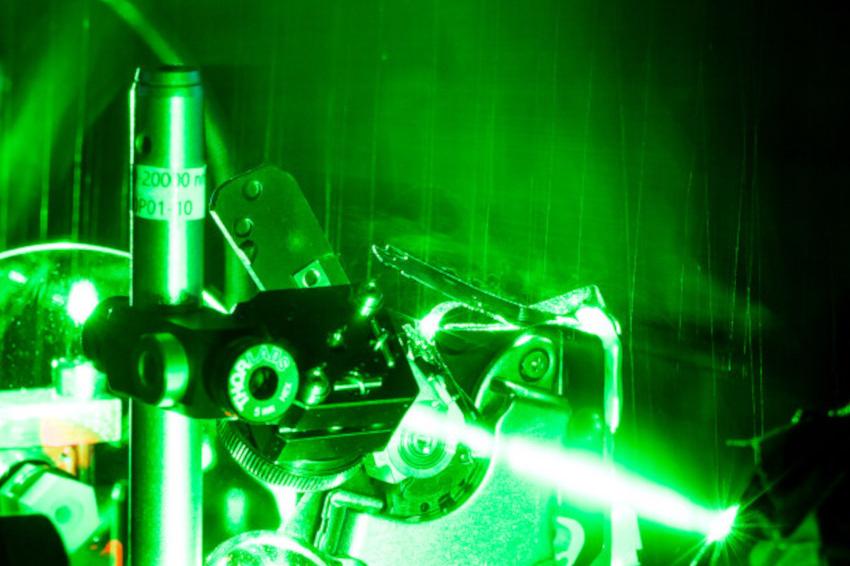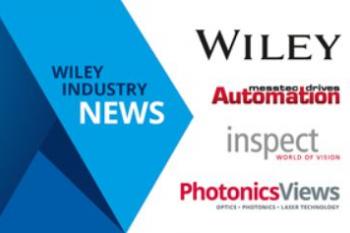Noise can improve quantum teleportation
05.06.2024 - New discovery reverses the role of the noise from being harmful to being beneficial to teleportation.
In teleportation, the state of a qubit is transferred from one location to another without sending the particle itself. This transfer requires quantum resources, such as entanglement between an additional pair of qubits. In an ideal case, the transfer and teleportation of the qubit state can be done perfectly. However, real-world systems are vulnerable to noise and disturbances – and this reduces and limits the quality of the teleportation. Researchers from the University of Turku, Finland, and the University of Science and Technology of China, Hefei, have now proposed a theoretical idea and made corresponding experiments to overcome this problem. In other words, the new approach enables reaching high-quality teleportation despite the presence of noise.
“The work is based on an idea of distributing entanglement – prior to running the teleportation protocol – beyond the used qubits, i.e., exploiting the hybrid entanglement between different physical degrees of freedom”, says Jyrki Piilo from the University of Turku. Conventionally, the polarization of photons has been used for the entanglement of qubits in teleportation, while the current approach exploits the hybrid entanglement between the photons’ polarization and frequency. “This allows for a significant change in how the noise influences the protocol, and as a matter of fact our discovery reverses the role of the noise from being harmful to being beneficial to teleportation”, Piilo describes.
With conventional qubit entanglement in the presence of noise, the teleportation protocol does not work. In a case where there is initially hybrid entanglement and no noise, the teleportation does not work either. “However, when we have hybrid entanglement and add noise, the teleportation and quantum state transfer occur in almost perfect manner”, says Olli Siltanen whose doctoral dissertation presented the theoretical part of the current research.
In general, the discovery enables almost ideal teleportation despite the presence of certain type of noise when using photons for teleportation. “While we have done numerous experiments on different facets of quantum physics with photons in our laboratory, it was very thrilling and rewarding to see this very challenging teleportation experiment successfully completed”, says Zhao-Di Liu from the University of Science and Technology of China, Hefei. “This is a significant proof-of-principle experiment in the context of one of the most important quantum protocols”, says his colleague Chuan-Feng Li.
Teleportation has important applications, e.g., in transmitting quantum information, and it is of utmost importance to have approaches that protect this transmission from noise and can be used for other quantum applications. The results of the current study can be considered as basic research that carries significant fundamental importance and opens intriguing pathways for future work to extend the approach to general types of noise sources and other quantum protocols. (Source: U. Turku)





